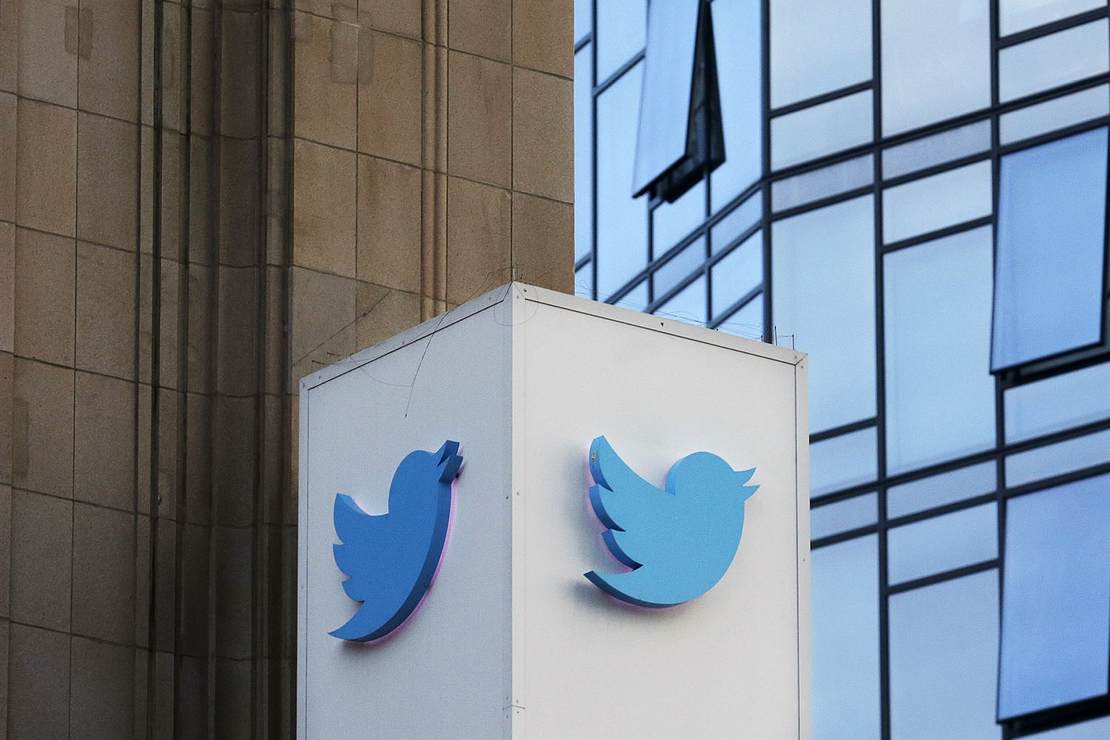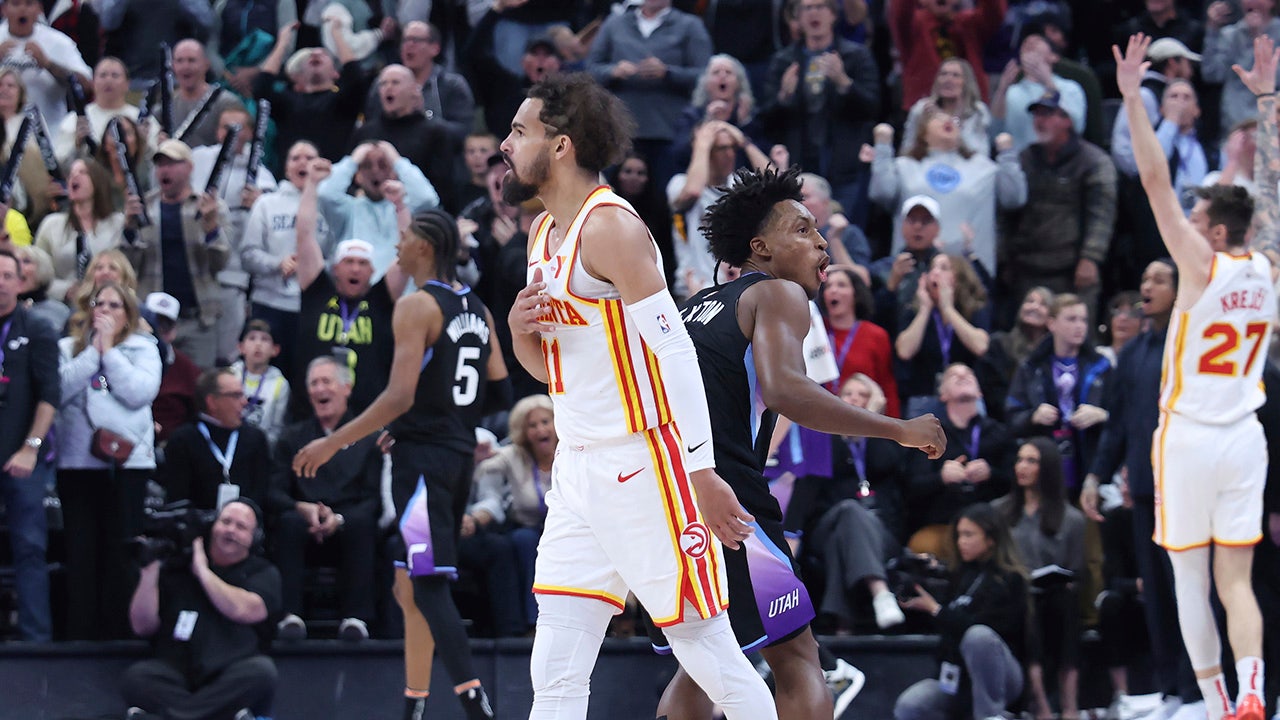Twitter pretty much vowed this would happen when Musk decided to back out of the deal to buy the company for a lot more than it was worth. Today, Twitter followed through and sued Musk in a Delaware court.
Twitter filed suit Tuesday against Elon Musk to force the billionaire to make good on his promise to purchase the company, issuing the first legal volley in what is expected to be one of most high-profile business trials in recent history…
Now a judge in a specialized business court in Delaware must determine whether the world’s richest man can exit the $44 billion deal, despite a contract binding him to complete the acquisition barring a major change to the company’s business.
Twitter’s full complaint is here and it definitely doesn’t hold back.
In April 2022, Elon Musk entered into a binding merger agreement with Twitter, promising to use his best efforts to get the deal done. Now, less than three months later, Musk refuses to honor his obligations to Twitter and its stockholders because the deal he signed no longer serves his personal interests. Having mounted a public spectacle to put Twitter in play, and having proposed and then signed a seller-friendly merger agreement, Musk apparently believes that he — unlike every other party subject to Delaware contract law — is free to change his mind, trash the company, disrupt its operations, destroy stockholder value, and walk away.
That’s just a summary from the opening page. The main body of the complaint details what the company sees as Musk’s attempt to derail the purchase by focusing on the issue of bots and spam:
Musk wanted an escape. But the merger agreement left him little room. With no financing contingency or diligence condition, the agreement gave Musk no out absent a Company Material Adverse Effect or a material covenant breach by Twitter. Musk had to try to conjure one of those.
What Musk alighted upon first was a representation in Twitter’s quarterly SEC filings over many consecutive years that based on its internal processes the company estimated “the average of false or spam accounts” on its platform “represented fewer than 5% of our mDAU during the quarter.” “Monetizable Daily Active Usage or Users,” or mDAU, is a non-GAAP metric Twitter employs to measure the number of people or organizations that use the Twitter platform. In its filings, Twitter defines mDAU as “people, organizations or other accounts who logged in or were otherwise authenticated and accessed Twitter on any given day through twitter.com, Twitter applications that are able to show ads, or paid Twitter products, including subscriptions.”…
Twitter’s SEC disclosures regarding that process and its findings are heavily qualified. As described in the “Note Regarding Key Metrics” section of its filings, Twitter’s “calculation of mDAU is not based on any standardized industry methodology,” “may differ from estimates published by third parties or from similarly-titled metrics of our competitors,” and “may not accurately reflect the actual number of people or organizations using our platform.” As for the estimate of spam or false accounts as a percentage of mDAU, Twitter explains that it is based on “an internal review of a sample of accounts,” involves “significant judgment,” “may not accurately represent the actual number of [false or spam] accounts,” and could be too low. Twitter has published the same qualified estimate — that fewer than 5% of mDAU are spam or false — for the last three years, and published similar estimates for five years preceding that….
Yet Musk made his offer without seeking any representation from Twitter regarding its estimates of spam or false accounts. He even sweetened his offer to the Twitter board by expressly withdrawing his prior diligence condition.
In short, Twitter’s estimates of spam accounts probably aren’t very good but Musk knew that prior to making the deal. Though the complaint suggests Twitter doesn’t like or respect Elon Musk very much they are nevertheless demanding he complete the purchase he agreed to.
Defendants’ actions in derogation of the deal’s consummation, and Musk’s repeated disparagement of Twitter and its personnel, create uncertainty and delay that harm Twitter and its stockholders and deprive them of their bargained- for rights. They also expose Twitter to adverse effects on its business operations, employees, and stock price.
Swift remedial action in the form of specific performance and injunctive relief is warranted.
So what happens next? According to the Post, that’s in the hands of this small group of judges.
Experts said they anticipated months of agonizing legal drama to play out in the Delaware Court of Chancery, a tiny, clubby court that has decided the outcomes of some of the biggest business squabbles in the U.S. The court has just seven judges — one chancellor and six vice chancellors — who have enormous discretion to force companies to take specific actions.
The process will likely submit Twitter to a grueling level of public scrutiny, forcing the platform to open up its books and expose internal deliberations in ways that might further damage its stock price and reputation, already-batteredfrom the market downturn and months of sparring with Musk…
Experts on Delaware’s Chancery Court system say the rigid contract, combined with the fact that Musk failed to amend it, will make it difficult for the billionaire to win in court…
…Musk’s argument, that he and his team relied on and trusted Twitter’s bot estimates, and only found out later that those estimates might not be accurate, could be viewed as reasonable by a judge.
Chancellor Kathaleen McCormick, who is the head of this court, will likely take the case herself. It’s expected to take 4-6 months for a resolution. In theory, she could order Musk to go through with the entire deal or simply order him to pay the $1 billion breakup fee. But the Post suggests many observers believe the two sides will come to some mutual agreement before the trial concludes.





















Discussion about this post